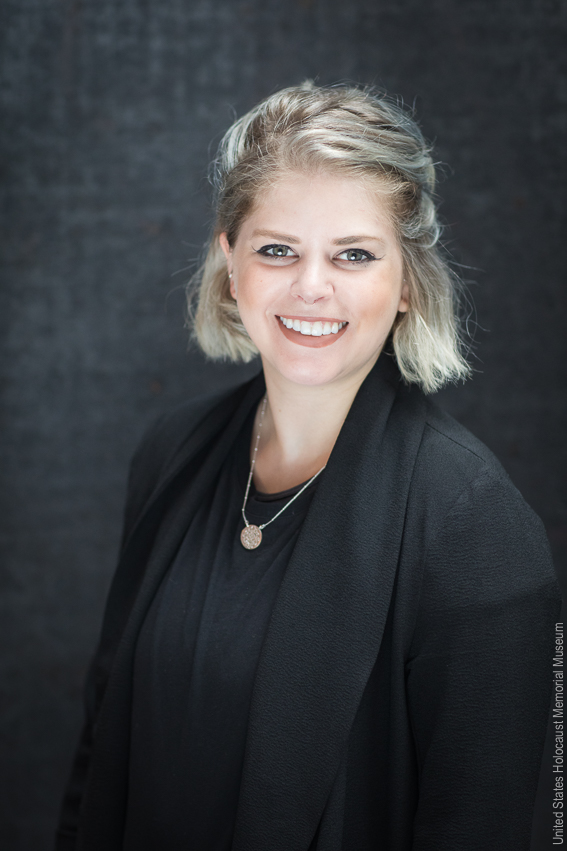Kathryn Agnes Huether was born and raised in rural Montana. As the daughter of a music teacher and a school superintendent, music and education were always at the center of her life. At the age of 4, Kathryn’s mother, Renée, introduced the violin into her life, driving 100 miles one way for a half-hour violin lesson. Renée’s dedication to her daughter’s musical training dynamically shaped Kathryn’s worldview and studies, as did David, her father, who exemplified hard work and kindness. Kathryn graduated with a double BA in Violin Performance and Religious Studies from Montana State University in 2013. Following undergrad, Kathryn went on to attend the University of Colorado-Boulder, where she received a Master’s in Religious Studies, with an endorsement in Jewish Studies. Her first Master’s thesis was the catalyst for her PhD research, as she examined the soundtracks of two Holocaust film documentaries, Night and Fog (1956) and Auschwitz Death Camp: Oprah, Elie Wiesel (2006), arguing that the accompanying soundtracks subjectively influenced a viewer’s reception and understanding of the documentary material presented.

In 2016, Kathryn began her second Master’s in Musicology at the University of Minnesota and is now in her fourth year as a PhD candidate in Musicology. Kathryn’s dissertation examines the affective influence of sonic media technology, and the philosophical nature of sounds in Holocaust museums and memorial representations. In other words, how does what a visitor hears in a museum exhibit or representation of the Holocaust impact their response and understanding of the Holocaust? Addressing a breadth of sonic variants—from the sonic influence of language in the Holocaust; to audio guides; and further, to pre-existing soundscapes at the historical sites, such as Treblinka and Auschwitz-Birkenau, Kathryn highlights the role of sound in a field that has primarily focused on visuality. Kathryn just finished a 3-month research fellowship at the United States Holocaust Memorial Museum, where she worked closely with the “First Person” survivor testimony program. This upcoming 2019-2020 academic year she will begin curating an audio guide for the Treblinka memorial site as an Interdisciplinary Doctoral Fellow under CHGS. She aspires to curate an audio guide that will bridge the gap between theory and practice, as she will investigate the implications and challenges of curating an audio guide about the Holocaust, and will make the audio guide live and accessible to the public via a phone application. Kathryn hopes that if her research makes any impact at all, it will at least encourage people to truly listen to their world and each other.

Comments